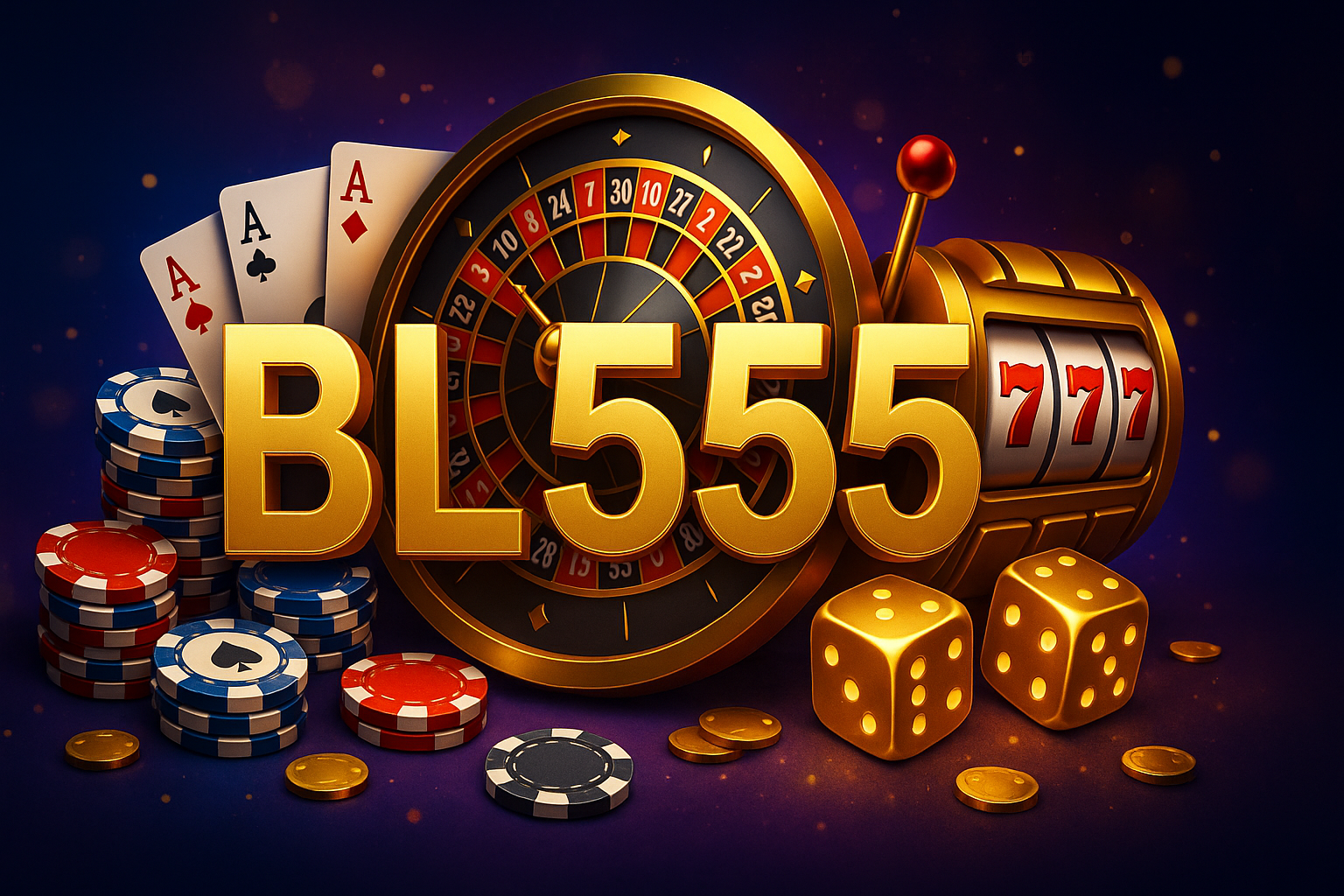The Evolution of Casino Games from Traditional to Digital

Casino gaming has come a long way from the smoky halls of land-based venues to sleek online platforms accessible from virtually anywhere. Today sites like Nhà cái BL555 represent the peak of this transformation combining technology innovation and user experience to deliver modern casino games to a global audience.
The roots of casino games stretch back centuries with some of the earliest forms appearing in ancient civilizations. Dice games card games and roulette-like games were played in various cultures long before the concept of a formal casino was born. The earliest known gambling houses started appearing in Europe during the Renaissance and have since evolved into the luxurious brick-and-mortar casinos we know today.
Despite the glamour and tradition of physical casinos they have limitations. Space geographical access and operating costs mean that not everyone can enjoy them easily. The rise of the internet changed everything. It allowed developers to recreate these games digitally and offer them on websites accessible to anyone with an internet connection.
The first online casinos emerged in the mid-1990s and featured a limited selection of basic games. At that time graphics were simple and internet speeds were slow but the concept caught on quickly. Players were drawn by the convenience and the possibility to play from home. As technology advanced so did the quality and variety of games.
Modern online casinos now offer hundreds or even thousands of games across multiple genres. Slot machines are among the most popular. These have evolved from the classic three-reel versions to include immersive themes animated sequences and interactive bonus rounds. Some slots feature progressive jackpots that reach life-changing amounts fueled by the contributions of players around the world.
Table games like blackjack poker and roulette have also transitioned smoothly into the digital space. Their rules remain largely unchanged but online versions provide added features such as bet customization game history and auto-play functions. This enhances the user experience while staying true to the traditional format.
A major breakthrough in recent years is the development of live dealer games. These combine the convenience of online play with the realism of a physical casino. Real dealers operate the games in real time streamed directly to players’ devices. This setup allows interaction with both the dealer and other players creating a more engaging and social environment.
The digital evolution has also made casino games more inclusive. Players no longer need to dress up or travel to specific destinations. Mobile compatibility means that games can be played on the go during breaks or while commuting. This flexibility has brought in a wider audience including those who might never have visited a physical casino.
In addition to variety and convenience online casinos often offer better return-to-player rates than their land-based counterparts. Operating costs are lower which allows platforms to be more generous with payouts bonuses and promotions. This increases player satisfaction and makes the games more attractive overall.
Developers are constantly working to enhance user experience. Game interfaces have become more intuitive and visually appealing. Some platforms incorporate gamification elements such as levels achievements and quests to keep players motivated and entertained over time.
Conclusion
The journey of casino games from traditional halls to digital platforms is a testament to innovation and adaptation. Online casinos have not only preserved the excitement of classic games but have also elevated them with new features and accessibility. As technology continues to evolve players can look forward to even more immersive and rewarding gaming experiences in the future.